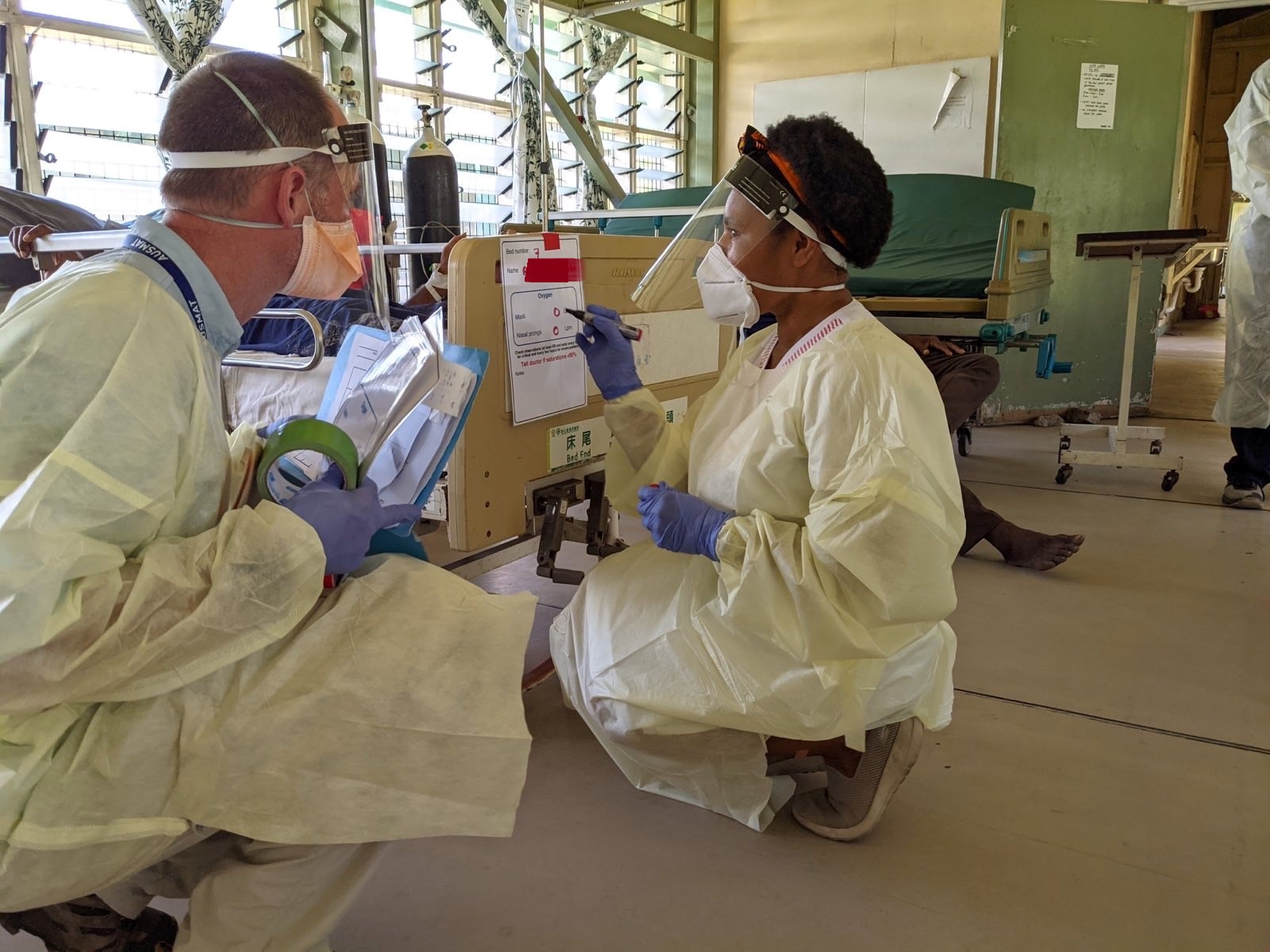By Kevin McQuillan
New modelling has revealed that Solomon Islands, Vanuatu and Papua New Guinea will have vaccinated less than 20% of their adult populations by the end of this year and it could take five years to vaccinate just one-third of PNG.
New research from thePlease Subscribe to view full content...
